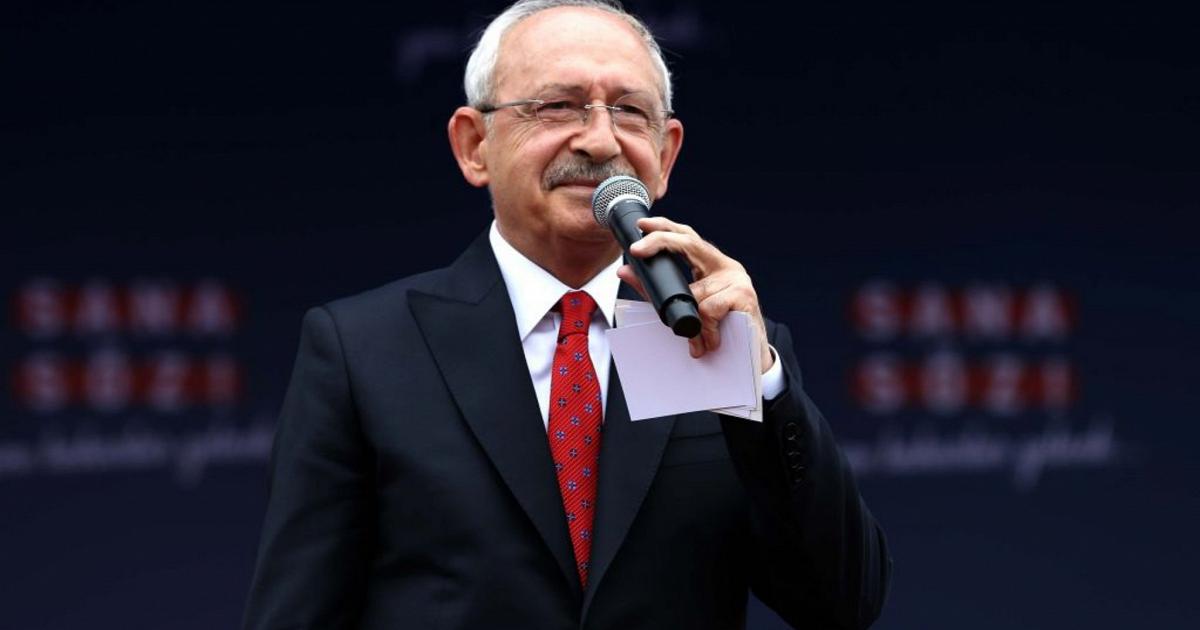Turkish President Recep Tayyip Erdogan's main rival for the May 14 presidential election accused Russia of using deep fakes in the election campaign. Kemal Kilicdaroglu's allegations come just hours after another candidate left the race after being the target of an online smear campaign.
"Dear Russian friends," Kilicdaroglu wrote on Twitter, "you are behind the montages, conspiracies, forgeries and recordings that came to light yesterday in this country." "If you want our friendship after May 15, don't touch the Turkish state. We are always in favor of cooperation and friendship," he wrote. Polls give the secular opposition leader a slight lead over Erdogan. If no candidate obtains more than 50% of the vote, a second round will take place on 28 May. A third candidate, Muharrem Ince, withdrew. He announced his decision after being the target of an online smear campaign, which included false images of him with women or driving luxury cars.
Ince, leader of a small opposition formation, the Fatherland Party, in the last presidential elections of 2018 was Erdogan's main challenger with the main opposition party, the CHP, obtaining just over 30% of the vote. The 59-year-old politician said that with his withdrawal, the coalition of major opposition parties will not be able to blame him in the event of a possible defeat. In addition, he has given no indication of voting for another candidate even though polls indicate that the majority of Ince voters (credited in the polls with 2-4%) should fall on Kilicdaroglu.
It should be remembered that 2023 is the year of the centenary of the Turkish Republic born from the end of the Ottoman Empire at the urging of General Mustafa Kemal Ataturk (the father of the Turks) and that on May 14, 1950 the conservative Demokrat Parti won the elections for the first time defeating the CHP, the republican party founded by Ataturk himself.
Meanwhile, incumbent President Erdogan declares that no journalist in Turkey is imprisoned "for his ideologies or journalistic activities", noting that journalists who are in prison owe it to their links to terrorist groups and other crimes. During a meeting with a group of young people at the library of the presidential complex in Ankara, Erdogan recalled that he was himself imprisoned "for a poem recited during his term as mayor", indicating that his imprisonment was "motivated by ideology".
Tension is high 72 hours before the vote and, as Human Rights Watch and Article 19 report, there is a risk that Erdogan and his Justice and Development Party (AKP) could disproportionately control the entire digital world to influence the outcome of the elections. The Turkish government has, in fact, increased all efforts to censor and strengthen "control over social media and independent online news sites ahead of these elections", writes Deborah Brown, a researcher at HRW, and therefore these elections are also important because they are a test to understand the quality of the news circulating on the net and on social networks. Turkey, on the other hand, has a record of blocking access to social media networks during times of political unrest or crisis, such as during the February 6 earthquake.

